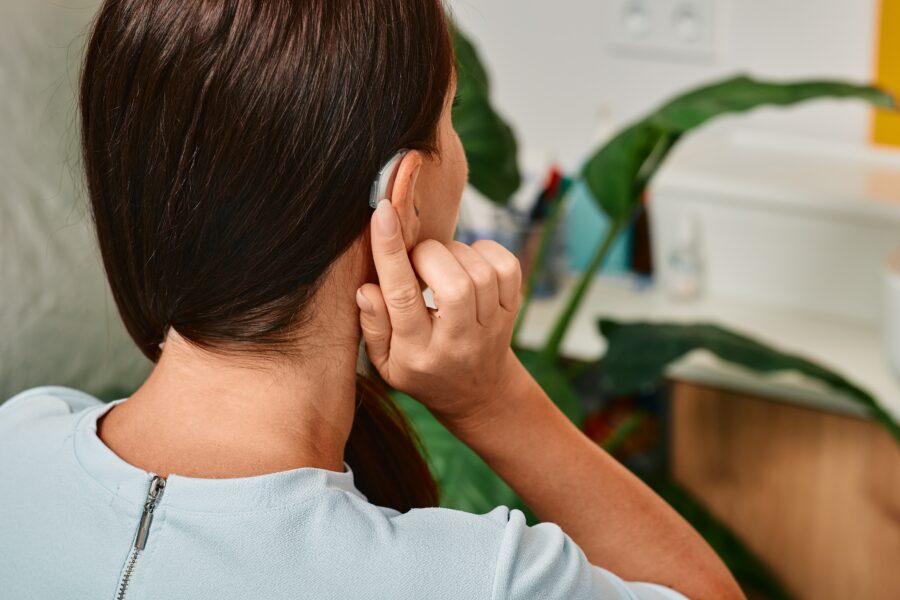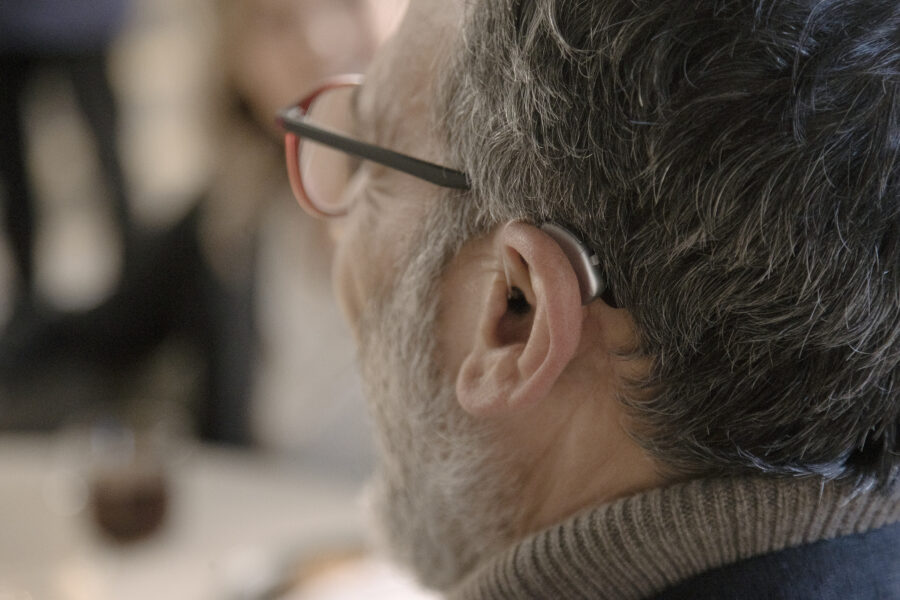Blog post
5 Misconceptions About Hearing Loss and Hearing Aids

Ian McKendrick - Audiology Clinical Lead
We are thrilled to present a blog post written by our expert Audiologist Ian McKendrick, who has been working with OutsideClinic for over a decade. In this post, Ian shares valuable insights into 5 misconceptions about hearing loss and hearing aids.
As we age, hearing loss becomes more common. It can be a frustrating and isolating experience; however, hearing aids can make a significant difference in your ability to communicate and enjoy life. Unfortunately, there are many misconceptions about hearing loss and hearing aids that can prevent people from seeking help. Here are five common misconceptions about hearing loss and hearing aids, and a better understanding of the truth.
Misconception: Hearing aids are big and noticeable
Truth: Modern hearing aids are smaller and more discreet than ever before. Some are even invisible in the ear canal, depending on the size of your ear. You can choose from a variety of styles and colours to match your preferences and needs.
Misconception: Hearing aids are uncomfortable and don’t work very well
Truth: It’s true that it can take some time to become accustomed to wearing hearing aids, but they should not be uncomfortable. Modern hearing aids are designed to be comfortable and provide natural sound quality. With correct fitting and adjustments, they can make a significant improvement in your ability to hear and understand speech and your wider surroundings.
Misconception: Hearing aids are too expensive
Truth: While hearing aids can be costly, there are many affordable options available with a starting price of £750 per aid. The investment in your hearing health can greatly improve your quality of life.
Misconception: Only people with severe hearing loss need hearing aids
Truth: Even mild hearing loss can affect your ability to communicate and enjoy life. Hearing aids can benefit anyone with hearing loss, regardless of severity.
Misconception: Hearing aids can restore hearing to normal
Truth: While hearing aids can greatly improve your ability to hear and understand speech, they cannot completely restore your hearing to normal. However, they can make a significant difference in your ability to communicate and enjoy life.
If you are struggling with hearing loss, don’t let these misconceptions hold you back from seeking help. Your hearing specialist can help and offer options available to you. With the right hearing aids and support, you can enjoy a better quality of life and stay connected with your loved ones.

By Ian McKendrick - Audiology Clinical Lead
An audiological career spanning over 30 years, Ian joined OutsideClinic in 2014 from the NHS



